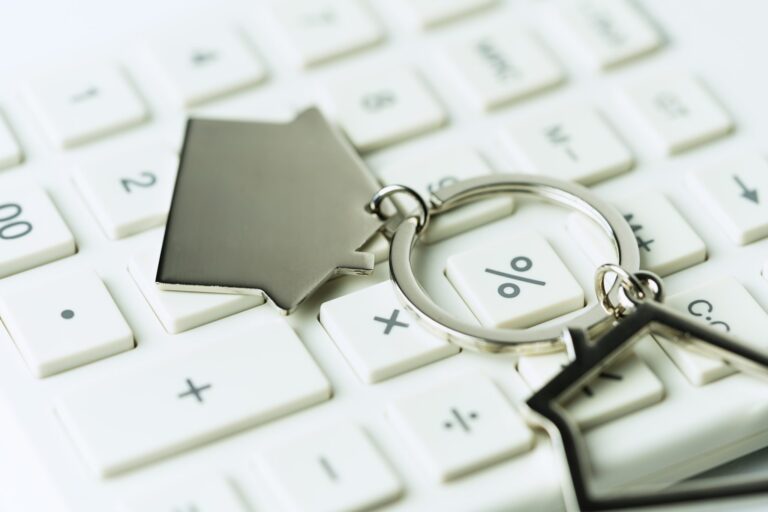As more research emerges to show that tenants are increasingly seeking rental homes with bills included, should landlords be thinking about rolling their rent and bills into one?
To stay ahead of the market and remain successful in the buy-to-let industry, it is important for landlords to not only keep abreast of any regulatory changes that may affect them, but also be mindful of the latest emerging trends. This has the potential to increase the popularity of your property investment.
External factors often influence what tenants are looking for, and the cost of living crisis – heavily linked to soaring energy costs – is likely to be behind the latest surge in the number of renters seeking homes with bills included.
A new piece of research from Zero Deposit, a digital deposits platform, found that more than half (55%) of 2,400 tenants surveyed said they would prefer their household bills to be merged with their rent into one monthly outgoing.
A further 44% said they would actually be more inclined to rent a property that had bills included, over one that didn’t, demonstrating just how popular this is in the current climate. A similar amount (41%) of respondents said they found managing their finances and multiple bills “stressful”.
However, before landlords rush to attach a ‘bills included’ tag onto their property listings, it is important to weigh up the pros and cons, as well as to be aware of the potential complexities of offering an all-in-one price for a room or property from a legal standpoint.
Bills included: benefits for tenants and landlords
For the tenant, a property with bills included has numerous advantages. If it is a house share, it means no difficult conversations or disputes with house mates over splitting the bills. It also means more financial certainty having your rent and bills all come out in one neat, lump sum payment each month.
Particularly for younger tenants, including those who may have never rented before or have just left university, including the bills with the rental amount could be particularly appealing. For those on lower incomes, too, it makes it easier to budget.
Taking recent research into account, a major benefit for landlords could be increasing the appeal of their property. This may be particularly noticeable for landlords with city centre flats, for example, as these might be more likely to be tenanted by young professionals or groups of friends.
It also reduces the risk of unpaid bills, as you are responsible for paying them. When tenants move out, you don’t need to transfer the bills or take final meter readings, either – you just continue to pay the utilities for the property until the next tenant moves in.
Things to consider
Energy bills are significantly more expensive now than they were a couple of years ago, which is at least partly behind the rise in the number of tenants seeking bills included. Because of this, though, landlords must price their properties with bills included very carefully to ensure they are covering their costs.
From a legal standpoint, landlords want to reduce the risk of tenants running up excessive energy bills, particularly when rates are high. It is therefore advised to draw up a very clear tenancy agreement setting out what is considered “acceptable usage”, with a definitive cost cap per tenancy for each bill.
Anything accrued outside this amount would then be payable by the tenant, and setting this out clearly should help reduce the risk of conflict. There are also experts who can advise you on the best course of action to protect yourself.
One downside for landlords offering bills included is that they are of course responsible for managing the bills, including switching suppliers to get a better rate, arranging direct debits and dealing with any issues, which can be time consuming.
Also, there remains a high number of renters who would prefer to sort the bills themselves. Particularly for those who have been renting for longer, and potentially older tenants, having control over utilities and being able to select products and providers to suit their lives can be important.
Affordability is hugely important
Commenting on the recent study from Zero Deposit, the company’s CEO Sam Reynolds said: “Tenants across the nation are struggling with rental affordability at present and this struggle isn’t refined to asking rents and rental deposits alone.
“Once they have managed to secure a rental home of their own, they are facing a sharp increase in the monthly cost of their utilities as well.
“But it’s not just the cost that can be a daunting prospect, understanding their utility bills and juggling their finances to ensure they are paying the right people at the right time is also a factor – not to mention the rigmarole involved when it comes to the start and end of a tenancy.”










